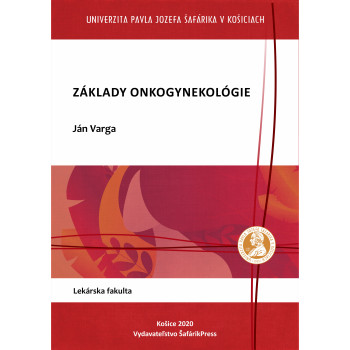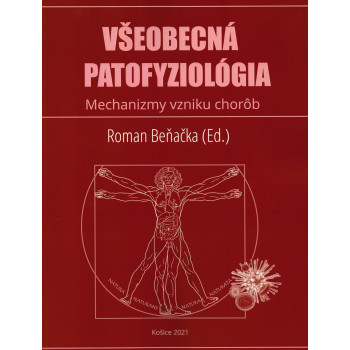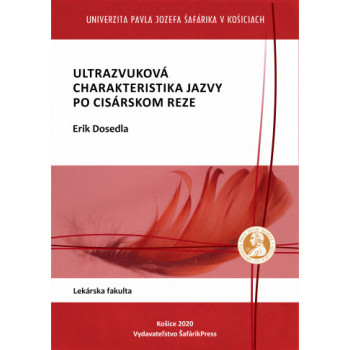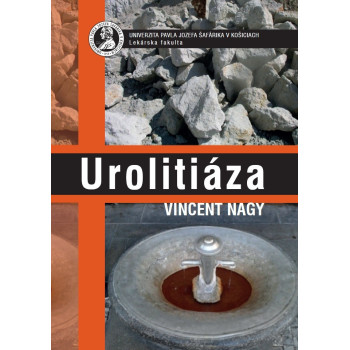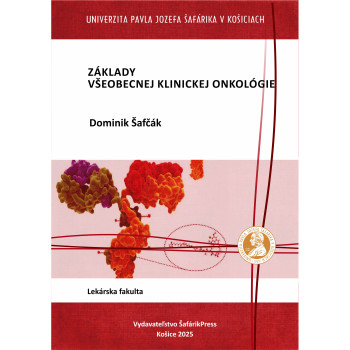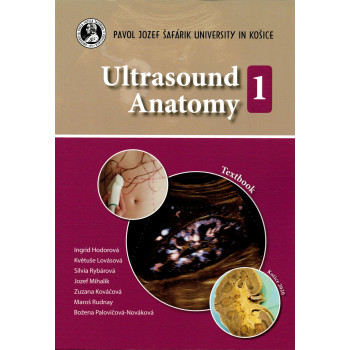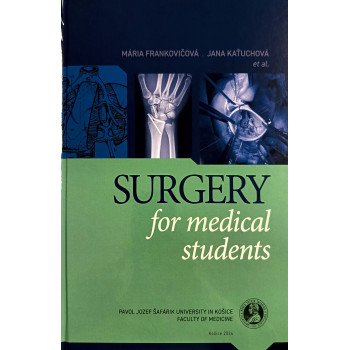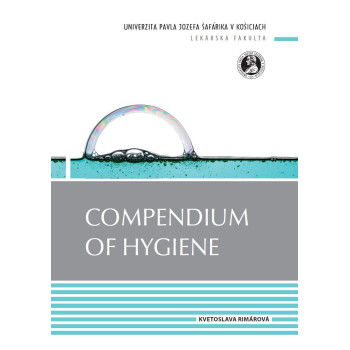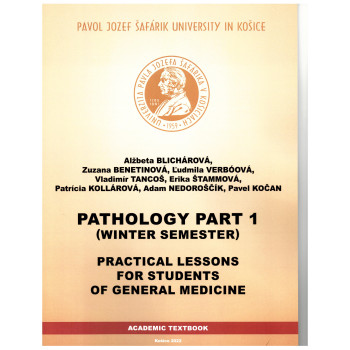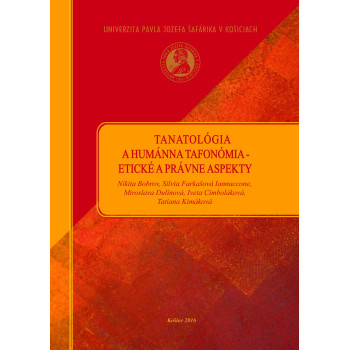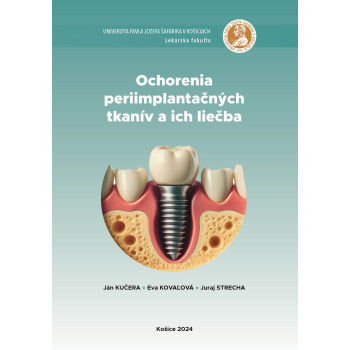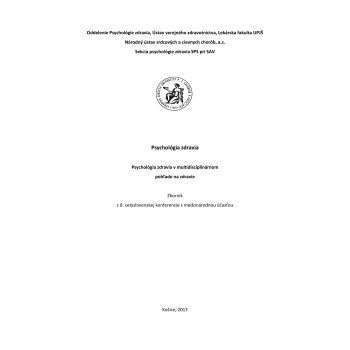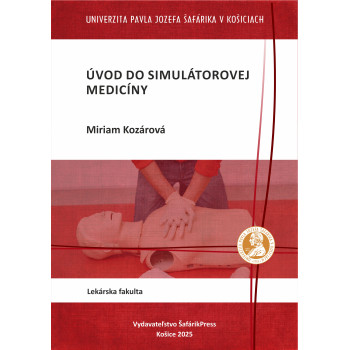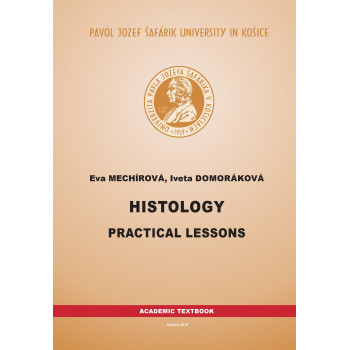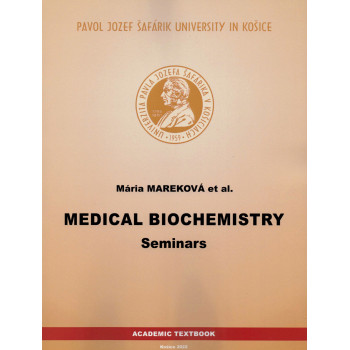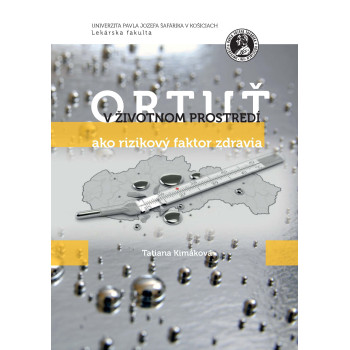
Základy onkogynekológie
E-book
The cancer is the second most common reason of the death in human population. lt is responsible for approximately 10 million of death every year. Oncogynecology represents · one of the most pr ogressive part of gynecology. The interest is focused on vulvar cancer, vaginal cancer, cervical cancer, uterine cancer, fallopian tube carcinoma, ovarian cancer as well as breast cancer. Due to the range of the issue there are own workplaces ta king care just for the patients with oncogyneco logical diseases. The knowledge from oncogynecology are inevitably needed to pass the state exam as well as specialization from Gynecology and obstetrics. The presented publication is focused to mentioned oncogynecological diseases.
The anatomy and histology of the vulva, vagína, cervix, uterus, fallop ian tube and ovary are described in detail. Every described carcinoma contains part about etiopathogenesis, clinical presentation, diagnostic, classification and therapy. The paper contains information suitable for students of medical faculties as well as young doctors before specialization.



